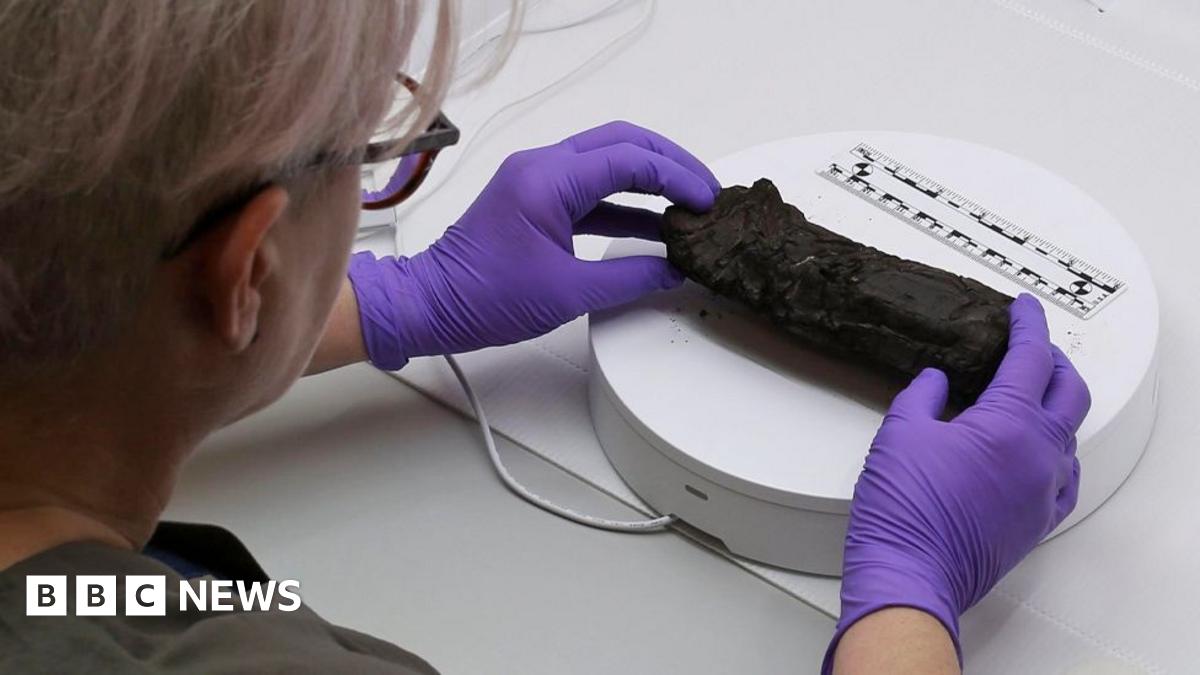Get the latest tech news
Out of Africa: celebrating 100 years of human-origins research
A landmark study reporting the discovery of Australopithecus africanus one century ago put the African continent at the centre of the story of humanity.
In his memoirs, Adventures with the Missing Link(1959), Dart notes that he was dressing for a wedding when he was distracted by the delivery of two large boxes of rocks, containing the face of Australopithecus and the braincast (known as an endocast) — an internal cast of the braincase formed from sediment — that fitted into the skull, like a ball in a baseball pitcher’s mitt. Eventually the focus of human-origins research moved from southern to East Africa and the name of Louis Leakey began to appear in the scientific record, although in those days of less-thorough sub-editing, he is listed in his first Nature paper ‘Stone Age Man in Kenya Colony’ as ‘Leaky’ 3. Leakey, the son of a missionary who had come to Kenya to preach to the Kikuyu communities, established a fossil-hunting dynasty, although it was his second wife, Mary (née Nicol), who discovered their breakthrough fossil 4, then named Zinjanthropus boisei(Nutcracker Man), in the Olduvai Gorge, Tanzania, in 1959.
Or read this on Hacker News
